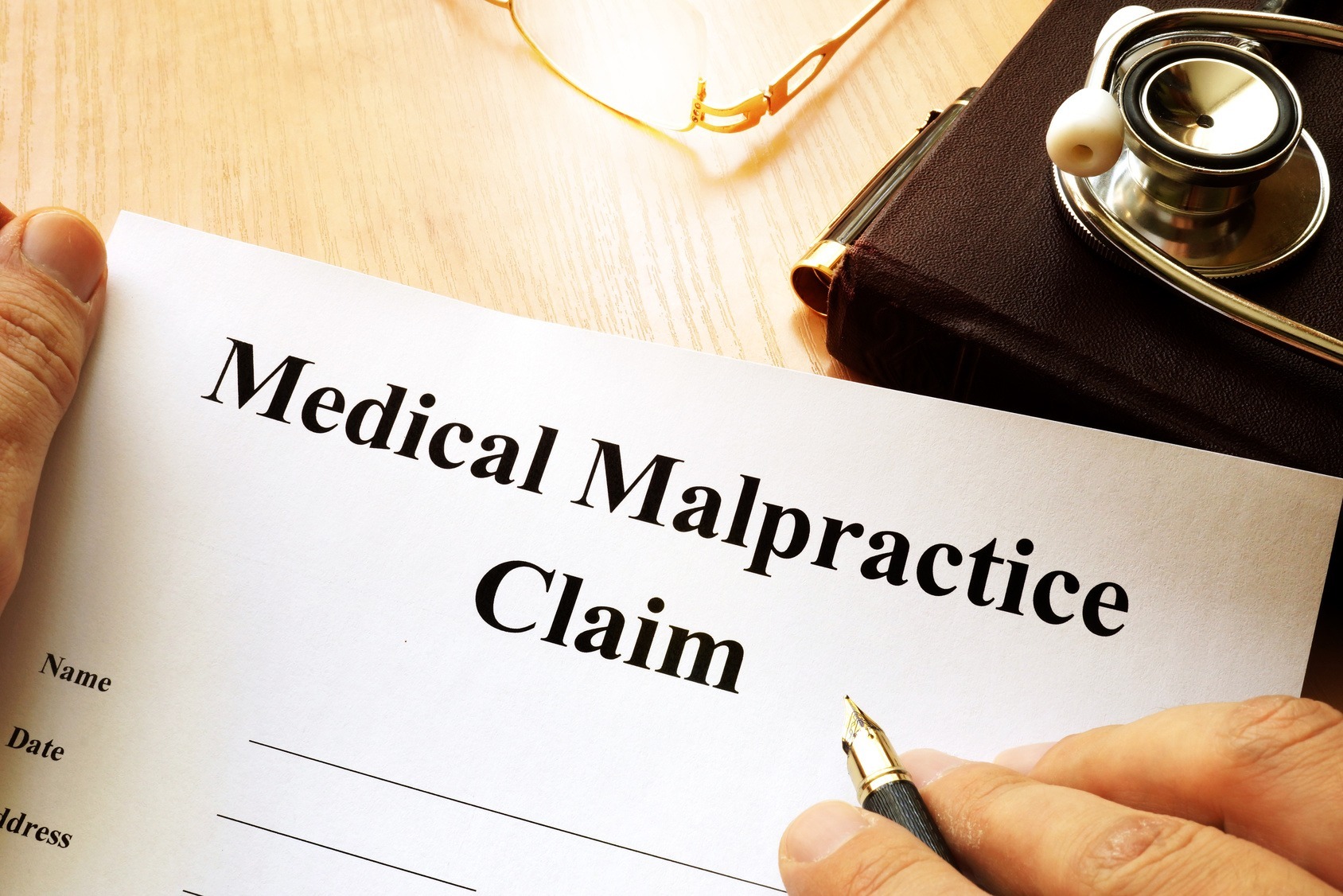
When seeking medical care, patients place their trust in healthcare professionals to provide competent, safe treatment. Unfortunately, medical errors do occur, and when they result in harm, patients may have grounds for a medical malpractice claim. For Vermont residents facing such circumstances, understanding the role of a medical malpractice lawyer in Vermont and the legal landscape surrounding these cases is essential.
What Constitutes Medical Malpractice?
Medical malpractice occurs when a healthcare provider fails to deliver care that meets the accepted standard of practice in their field, resulting in injury or harm to the patient. This legal concept rests on four fundamental elements that must be proven: duty of care, breach of that duty, causation, and damages.
The duty of care refers to the professional relationship between the healthcare provider and patient, establishing the provider’s obligation to deliver competent medical treatment. A breach occurs when the provider’s actions fall below the standard that a reasonably skilled professional would provide under similar circumstances. Causation requires demonstrating that this breach directly caused the patient’s injury, while damages refer to the actual harm suffered, whether physical, emotional, or financial.
Common Types of Medical Malpractice
Medical malpractice can take many forms across different healthcare settings. Misdiagnosis or delayed diagnosis represents one of the most frequent types of malpractice claims, where a condition is incorrectly identified or diagnosis is unreasonably delayed, leading to worsened outcomes for the patient.
Surgical errors constitute another significant category, including operations performed on wrong body parts, surgical instruments left inside patients, or complications arising from inadequate surgical technique. Medication errors, such as prescribing incorrect dosages or failing to account for dangerous drug interactions, also form a substantial portion of malpractice cases.
Birth injuries, anesthesia errors, and failures in monitoring patients during medical procedures round out the most commonly seen malpractice scenarios in Vermont courts.
Vermont’s Medical Malpractice Laws
Vermont has specific statutes governing medical malpractice claims that differ from other states in important ways. Understanding these regulations helps patients recognize their rights and the time constraints they face when considering legal action.
Statute of Limitations
Vermont law requires that medical malpractice lawsuits be filed within three years of when the malpractice occurred, or within two years of when the patient discovered or reasonably should have discovered the malpractice, whichever period expires later. However, no lawsuit may be filed more than seven years after the date of the alleged malpractice, regardless of when it was discovered.
This timeline creates urgency for patients who suspect they have been victims of medical malpractice, as waiting too long can permanently bar their right to seek compensation.
Damage Caps
Vermont does not impose caps on economic damages, such as medical expenses and lost wages, in medical malpractice cases. However, the state does limit non-economic damages, including pain and suffering, to $400,000 for most cases. These caps can significantly impact the total compensation available to malpractice victims.
Expert Testimony Requirements
Vermont courts require expert medical testimony to establish the standard of care and demonstrate how the defendant healthcare provider deviated from that standard. This requirement makes it essential to work with legal professionals who have access to qualified medical experts in the relevant field.
The Role of a Medical Malpractice Lawyer
A medical malpractice lawyer in Vermont serves multiple critical functions throughout the legal process. These attorneys possess specialized knowledge of both medical and legal concepts necessary to build strong malpractice cases.
Case Evaluation and Investigation
The initial role involves thoroughly evaluating potential cases by reviewing medical records, consulting with medical experts, and determining whether the four elements of malpractice can be established. This process requires significant time and resources, as medical records must be carefully analyzed and expert opinions obtained.
Navigating Complex Procedures
Medical malpractice litigation involves intricate procedural requirements unique to these types of cases. Vermont’s legal system requires specific documentation, expert disclosures, and adherence to strict timelines that experienced malpractice attorneys understand thoroughly.
Negotiation and Trial Advocacy
Many medical malpractice cases settle before reaching trial through negotiation with insurance companies representing healthcare providers. Skilled attorneys can evaluate settlement offers and advise clients on whether proposed amounts adequately compensate for their injuries. When cases do proceed to trial, having experienced courtroom advocacy becomes crucial for achieving favorable outcomes.
Challenges in Medical Malpractice Cases
Medical malpractice litigation presents unique challenges that make these cases particularly complex. Healthcare providers typically carry substantial malpractice insurance, meaning plaintiffs face well-funded defense teams with extensive resources.
The technical nature of medical evidence requires attorneys to work closely with medical experts who can explain complex procedures and standards of care to judges and juries. Additionally, healthcare providers often enjoy significant credibility with juries, making it essential to present compelling evidence of negligence.
Key Considerations for Vermont Patients
Patients considering medical malpractice claims should understand that these cases require substantial time, resources, and emotional energy. The litigation process can extend for years, and outcomes are never guaranteed, even with strong evidence of negligence.
Documentation plays a crucial role in building successful cases. Patients should maintain comprehensive records of all medical treatments, communications with healthcare providers, and impacts of any alleged malpractice on their daily lives.
Understanding Your Legal Options
Medical malpractice law in Vermont provides important protections for patients who suffer harm due to healthcare negligence. While these cases present significant challenges, understanding the legal framework and working with qualified legal professionals can help ensure that patients’ rights are protected and appropriate compensation is pursued when medical errors occur. The complexity of these cases underscores the importance of seeking experienced legal guidance early in the process to preserve all available legal options.







